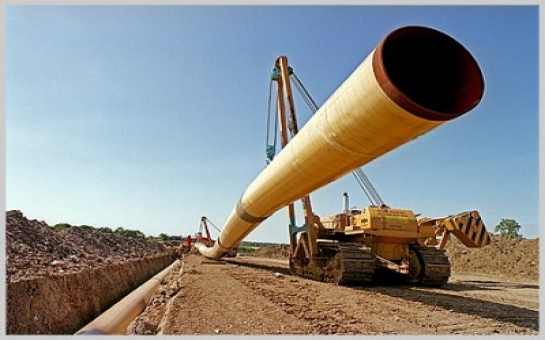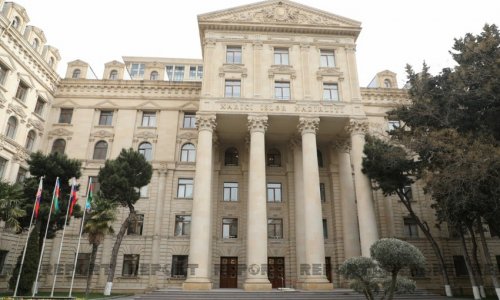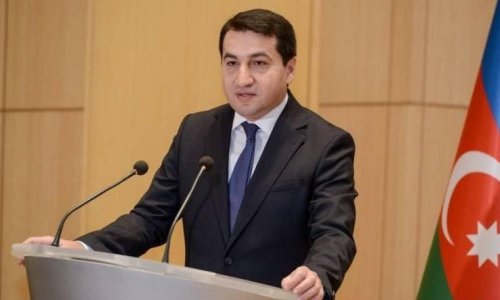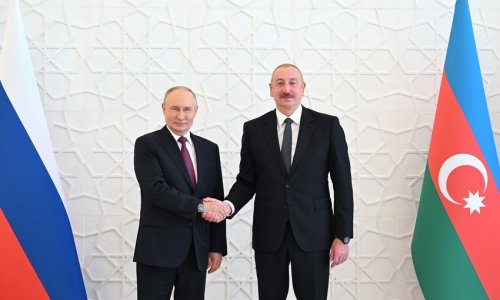By Kamal Ali
Baku-Supsa, a BP-led pipeline that ships Azerbaijani oil to world markets via Georgia’s Black Sea port of Supsa, is faced with a new and unexpected threat.
The 830-km pipeline, the second important to Azerbaijan after the Baku-Tbilisi-Ceyhan link, passes through a narrow strip of land controlled by separatists in Georgia’s breakaway region of South Ossetia.
The pipeline was launched in 1999 when South Ossetia’s Leningorskiy region was still under the Georgian government control.
Back then, the government in Tbilisi had no doubts that Leningorskiy region was a safe place for BP and its partners to build a pipeline through. But the territory was captured by separatist forces during the five-day Georgian-Russian war in 2008.
The Georgian section of the pipeline is 370 km. The pipe's diameter is 530 mm. It can deliver 7 million tons of oil a year, or 140,000 barrels a day.
Oleg Kudukhov, editor-in-chief of the separatists’ Ossetia radio, was the first to publicly raise the issue last week. He questioned the separatist government’s reluctance to charge BP for the transit of oil through the South Ossetian territory, claiming that the government is even trying to hide the issue from the public.
“We can, at least, cut a hole on the pipeline and pump some oil from there for the need of the republic,” he said.
Kudukhov went on to make a very important point: “It goes without saying that this pipeline is the most powerful political tool to protect the republic’s interests internationally.”
He also spoke about the pipeline’s potential threat to environment in the republic.
“A pipeline is a potentially dangerous technical facility. God forbid, if a man-made disaster ocurrs, South Ossetian territory will be inflicted irreparable environmental damage.”
The noise raised around the Azerbaijani pipeline may well be part of a plan to draw Baku into Putin’s Eurasian Economic Union (EEU). Armenian President Serzh Sargsyan signed agreements on October 10 to join the bloc. Now it is Azerbaijan that is in Putin’s crosshairs.
According to Armenian media reports, the Kremlin will start exerting pressure on Baku from January 1 when the EEU formally starts to operate.
We understand that Azerbaijan has put its own conditions to Russia. President Ilham Aliyev has repeatedly said that Nagorno-Karabakh is the only unresolved problem Azerbaijan has.
It is also clear that Moscow holds the key to the resolution of the conflict. In other words, Azerbaijan can join the EEU only if Armenia, at the very least, starts to withdraw from the occupied territory.
Russia needs tools to counterweight Azerbaijan’s demands. The issue of the Baku-Supsa pipeline can be used as a new tool to pressure Azerbaijan.
And, who knows, maybe Kudukhov received a phone call from Moscow before making the Baku-Supsa pipeline an issue?
Bakudaily.Az











